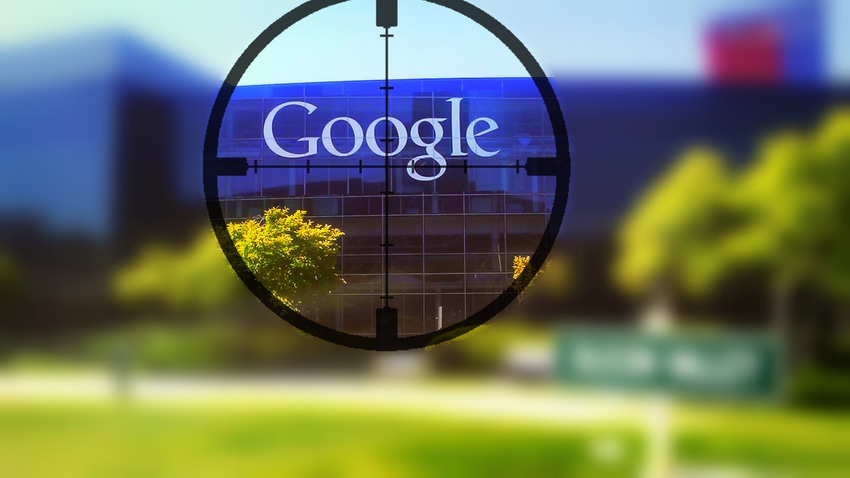US President Donald Trump has tweeted that Google search results about him are biased in favour of leftwing media.
August 28, 2018

US President Donald Trump has tweeted that Google search results about him are biased in favour of leftwing media.
Leaving aside whatever Machiavellian motives Trump has for tweeting for the time being, this move seems to mark an escalation in the debates over the role the big internet companies play in controlling the flow of public information and discussion. Being openly accused of acting in bad faith by such a powerful person is not something Google can afford to ignore.
Here are the tweets in question, which have apparently been slightly revised since they were first published.
Unsurprisingly Google rejects these accusations. At time of writing it didn’t seem to have published a blog, or whatever, on the matter, but it has sent statements to a bunch of media. In keeping with the theme of this piece here’s an NBC Politics tweet containing the statement.
Trump isn’t the first to flag up perceived leftwing bias from internet giants such as Google and Facebook, and may well be opportunistically riding that wave ahead of US midterm elections in November, in which all of the seats in the House of Representative and a third of the seats in the Senate are up for grabs. At the very least it seems likely he’s trying to swing search results in his favour at this critical juncture.
This is also a sensitive time for Google, especially on this topic. Its claims not to let its search results be affected by political ideology come just a few days after it had to deal with internal concerns that it’s planning to do just that in order to get back into the Chinese market. There is huge pressure on internet giants to censor undesirable content from their platforms, but if they accept the role of censor then they can’t be surprised if they also get accused of bias.
About the Author(s)
You May Also Like








.png?width=300&auto=webp&quality=80&disable=upscale)


_1.jpg?width=300&auto=webp&quality=80&disable=upscale)


.png?width=800&auto=webp&quality=80&disable=upscale)